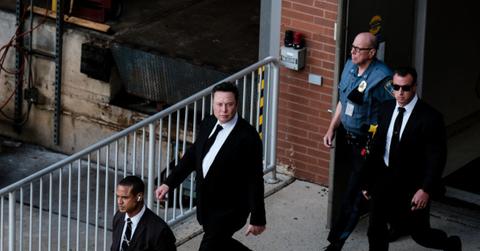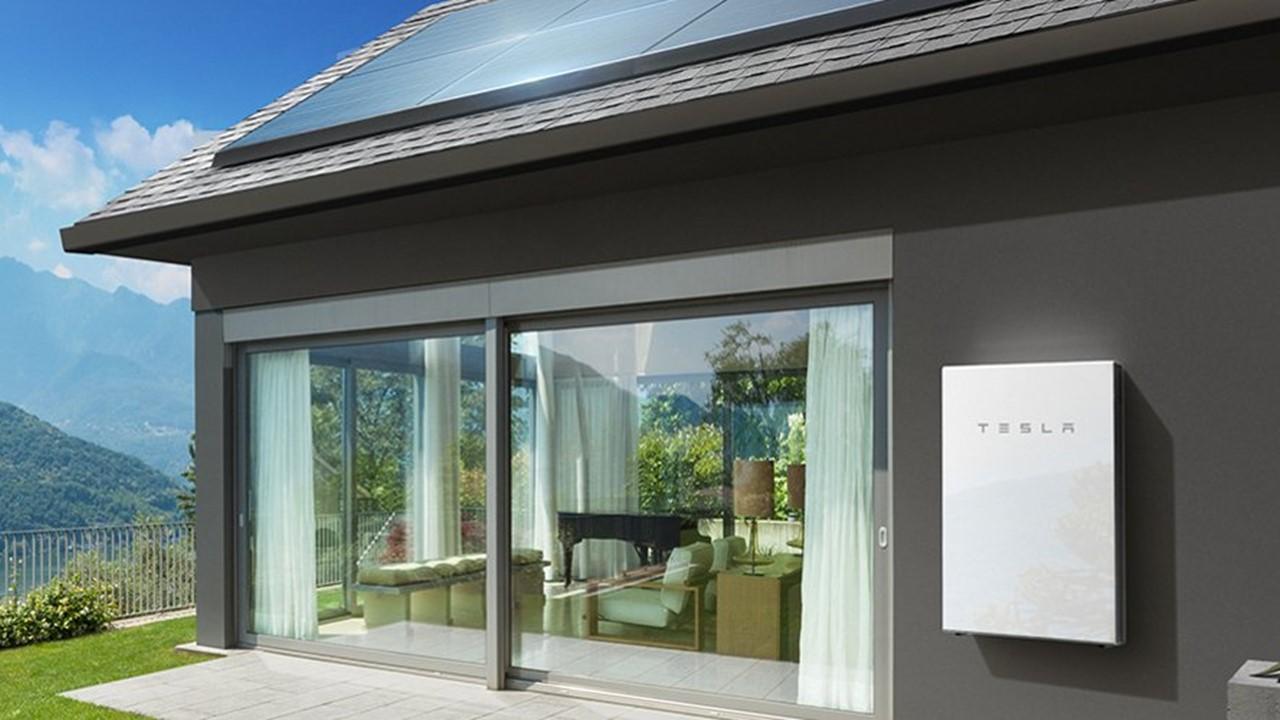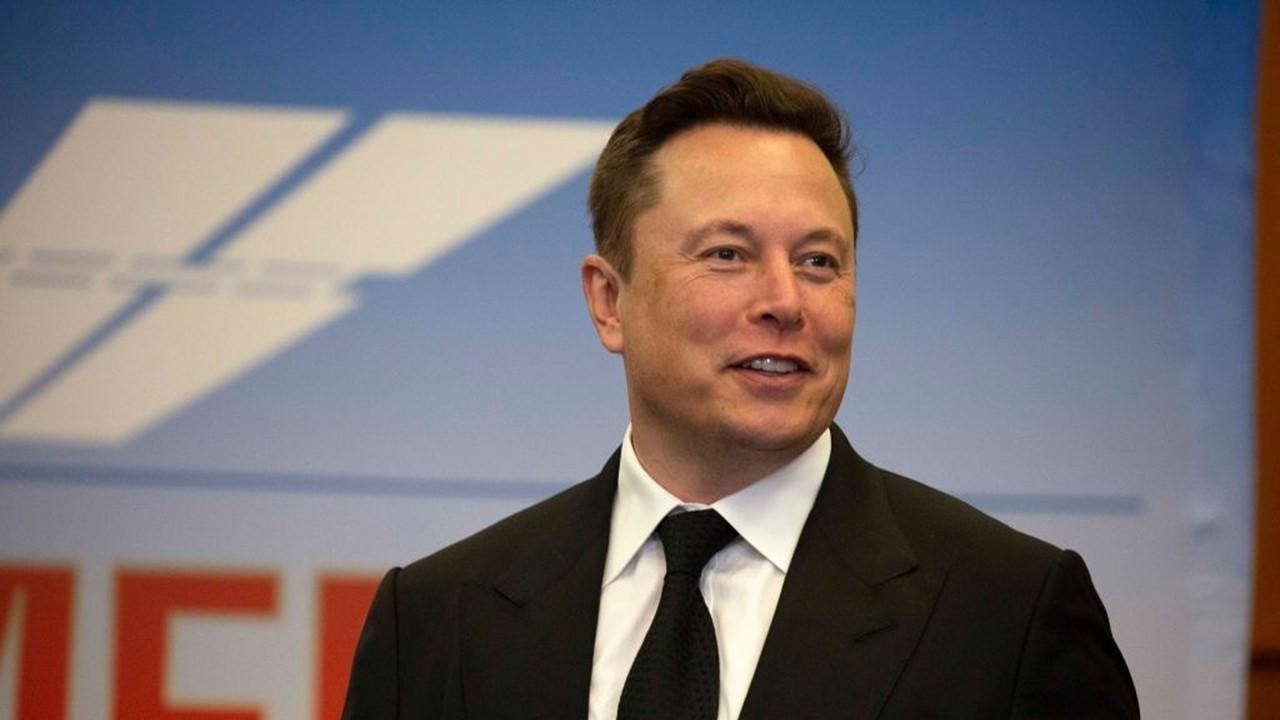Why Is Elon Musk in Court? Tesla's SolarCity Acquisition in Question
Elon Musk has spend two days testifying in a case claiming that he unlawfully controlled the Tesla acquisition of SolarCity in 2016.
July 14 2021, Published 11:04 a.m. ET

The multi-billionaire founder of Tesla and SpaceX, Elon Musk, spent the first two days of this week in a courtroom. Tesla completed an acquisition of solar company SolarCity in 2016. Now, the purchase is the subject of a lawsuit in which Musk has to defend his actions.
Musk testified before the Delaware Court of Chancery on July 12 and July 13. At times, he insulted the plaintiffs' attorney. The plaintiffs claim that Musk unlawfully controlled the Tesla board during the process of taking over SolarCity.
Tesla and SolarCity acquisition
SolarCity, a company that was founded by Musk’s cousins, was in financial distress around 2016. At the time of the $2.6 billion acquisition, Reuters reported that Musk was a 22 percent shareholder in both Tesla and SolarCity.

The case claims that the combination of Musk’s 22 percent stake, his connections to board members, and his “domineering style” made him a controlling shareholder who orchestrated an unfair deal.
The plaintiffs allege that the acquisition was contrived to benefit Musk and bail out SolarCity when it was “on the verge of insolvency,” according to The Wall Street Journal.
Elon Musk’s testimony
Throughout Musk’s testimony, there were moments of tension between him and Randall Baron, the plaintiffs’ attorney. Baron played clips of Musk’s 2019 deposition in which Musk called the lawsuit a "waste of time." In Musk’s testimony this week, he clearly stated his distaste for Baron and called him a “bad human being,” according to CNBC.
Baron questioned Musk about notes that said Musk suggested a $28.50 share price for SolarCity (the board later set a price range of $26.50–$28.50). Baron also asked him why he reviewed deal information before it was sent to board members. He suggested that Musk was “controlling the flow of information,” according to Reuters.
Musk claimed that the SolarCity tie-up was necessary for Tesla because it isn't just a car company and wants to advance transitions to sustainable energy. Vice-Chancellor Joseph Slights III, the presiding judge in the lawsuit, asked Musk why Tesla with its own problems would pursue a solar company.

Musk said, “There are plenty of car companies. But an electric car company is part of a sustainable energy future, as is solar and stationary storage.” Musk also defended himself by stating that he recused himself from the shareholder vote.
Shareholders questioned whether Musk considered other solar companies besides SolarCity for Tesla’s solar needs.
Musk’s brother Kimbal Musk, a Tesla board member since 2004, testified to confirm the claim that Tesla aims to be more than a car manufacturer and assert that his brother’s actions were lawful.
What’s at stake in Musk’s court case?
CNBC reported that Musk could have to pay more than $2 billion—somewhat close to the amount of the original acquisition—if he loses this lawsuit. The lawsuit was filed by investors on behalf of a corporation. Tesla might receive the proceeds if Musk loses, rather than benefiting the stakeholders who filed the suit.
Other Tesla directors, without admitting any fault, agreed to a $60 million settlement in 2020, which left Musk as the sole defendant in the SolarCity case.
